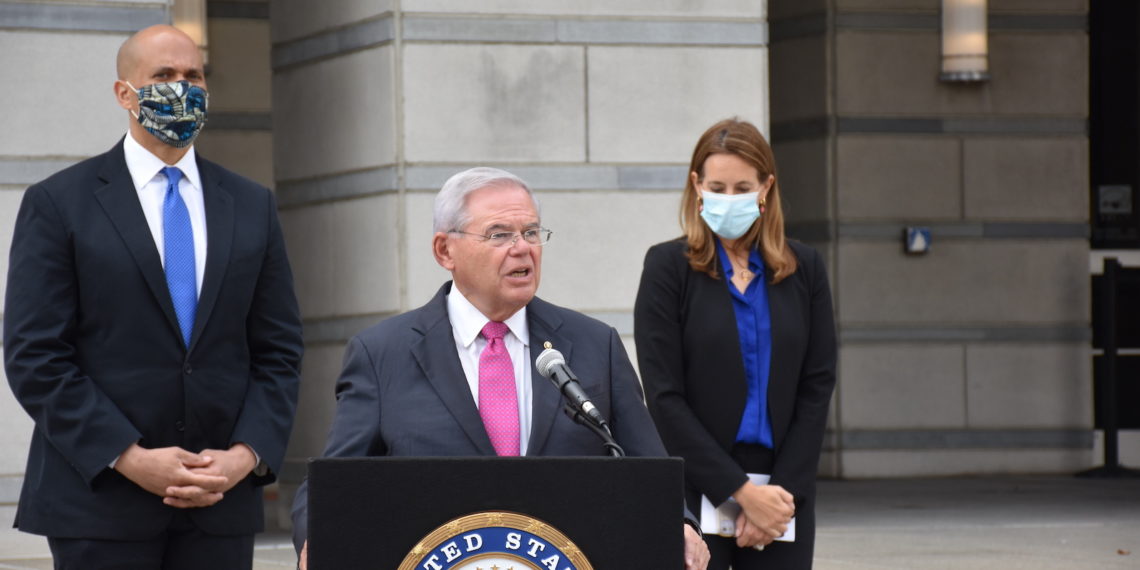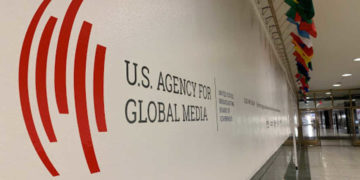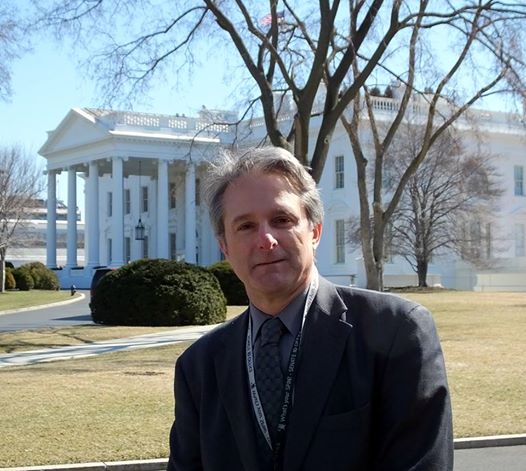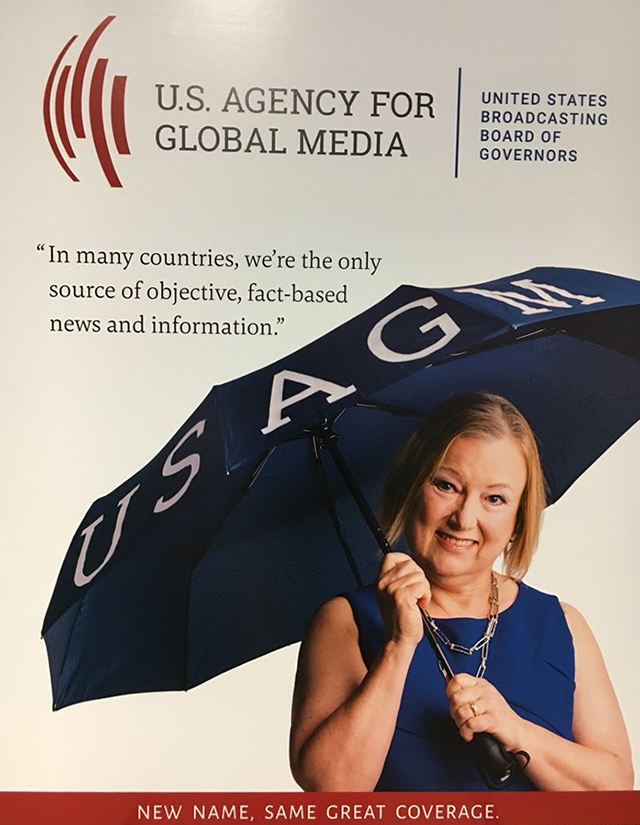The Senate Foreign Relations Committee has scheduled a business meeting for Thursday, June 23, 2022, to review several nominations, including the nomination of Amanda Bennett to be Chief Executive Officer of the United States Agency for Global Media (USAGM). According to the committee announcement, the meeting will be presided by its chairman, Senator Robert Menendez (Democrat-New Jersey), who at an earlier hearing hinted at the possibility of some tough questions for Bennett about her management of the Voice of America (VOA) when she was the VOA director from 2016 until 2020.
USAGM Watch Commentary
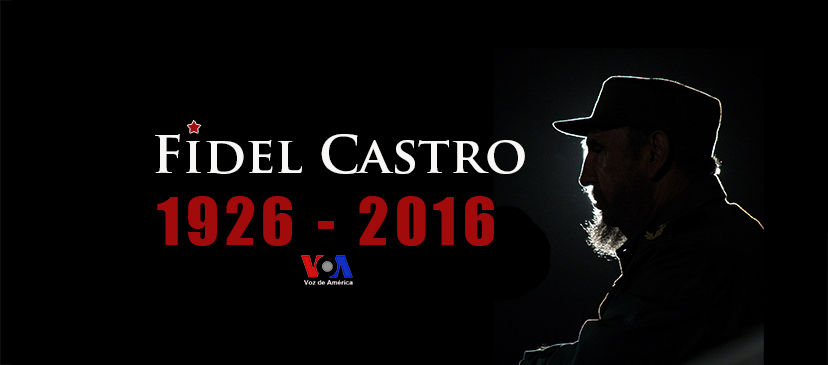
Voice of America (VOA) Spanish Service produced a special graphic to mark the death of Fidel Castro on November 16, 2016. The graphic was also used for the VOA Spanish Service Facebook page cover.
VOA director in November 2016 was Amanda Bennett, appointed earlier by the Obama administration. In June 2022, she is being considered by the U.S. Senate for confirmation for the position of the CEO of the U.S. Agency for Global Media (USAGM), which is the federal parent agency of the Voice of America.
The chairman of the Senate Foreign Relations Committee, Senator Robert Menendez (Democrat-New Jersey) indicated earlier that there may be questions about Ms. Bennett’s management of the Voice of America in her previous U.S. federal government role. Senator Menendez is the son of Cuban immigrants. In April 2021, he issued a statement questioning the USAGM’s management of the Office of Cuba Broadcasting (OCB), which runs Radio and TV.
The VOA Spanish Service graphic to mark Fidel Castro’s death has a black background and shows the shadow of Fidel Castro’s head, his illuminated beard, and his torso. The year of his birth (1926) and the year of his death (2016) are bold numbers in red ink. The VOA logo has the sign “Voz de América” (Voice of America in Spanish). The letter “I” in Fidel has a red communist star above it.
The period when the Voice of America was most effective was during the later years of the Truman administration and during the Reagan administration, when it contributed to the fall of communism in the Soviet Union and in East-Central Europe, although not nearly as much as Radio Free Europe (RFE) and Radio Liberty (RL).
Both the Truman administration and the Reagan administration carried out radical personnel and programming reforms at VOA. But as events in Afghanistan, China, Cuba, Iran, and Russia have shown, VOA’s relevance and effectiveness seem now minimal.
Africa may still be one of the few regions, where VOA can claim to have some audience for its English-language content, but as Senator John Barrasso (R-Wyoming) pointed out during a recent confirmation hearing of the Senate Foreign Relations Committee for Amanda Bennett, many of the African countries did not side with the United States government last March in the General Assembly of the United Nations to support Ukraine after President Vladimir Putin ordered the Russian Army to invade a much smaller sovereign nation that represented no threat to Russia.
During her Voice of America directorship, about a dozen of VOA Africa Division journalists allegedly took bribes from a Nigerian politician. They were fired, but bribery on this scale was unprecedented in VOA’s history. Her tenure at VOA was also marred by poor staff security and employment of some broadcasters who previously worked for Vladimir Putin’s state TV channels in Russia, including RT, who seemed proud of their former reporting for government media in Russia.
Various officials in the organization’s history claimed that the Voice of America had large audiences overseas. Sometimes these claims were true, but often they were not. Until the Reagan administration, Radio Free Europe had a much larger audience in Eastern Europe than VOA. The gap narrowed under Reagan. But in pre-Castro Cuba, the Voice of America had no measurable audience, as members of Congress discovered in 1951.
Also unprecedented was the level of partisan bias during Bennett’s tenure at VOA, including one unchallenged attack in a VOA program on Senator Bernie Sanders (Independent-Vermont, caucusing with Senate Democrats) when he was competing with Hillary Clinton for the Democratic Party presidential nomination in 2016.
The online Cold War Radio Museum has reposted some history on the Voice of America in pre-Castro Cuba.


